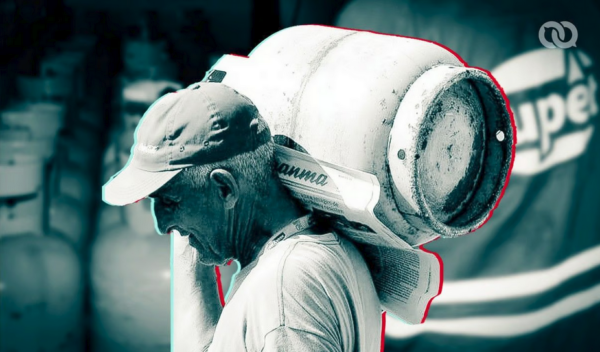Tanzanian politician Humphrey Polepole recently suggested on social media that a 15-kilogram cylinder of cooking gas in Cuba costs just 2,000 Tanzanian shillings (around 75 U.S. cents).
The claim, while striking, sits uncomfortably against mounting evidence that Cuban households are enduring one of the island’s most severe energy crises in decades.
Reports from Havana Times and other independent outlets describe a country where access to liquefied petroleum gas (LPG) has become increasingly unreliable. Since late 2024, multiple provinces have suspended sales altogether due to lack of inventory, while extended blackouts often exceeding 15 hours a day have left families with few alternatives for preparing meals. For many, cooking with firewood or charcoal has become the only option, underscoring how far supply has fallen behind demand.
Where cylinders do change hands, they rarely do so at subsidized prices. Instead, a growing informal market has emerged, with gas cylinders advertised for between 35,000 and 40,000 Cuban pesos equivalent to about $100.
That compares with an average monthly salary of roughly 4,600 pesos, making LPG prohibitively expensive for the majority of households. In effect, gas has become a scarce luxury rather than an accessible utility.
This disconnect illustrates the pitfalls of citing nominal prices in heavily rationed economies. While Cuba’s official price lists may suggest affordability, the reality for most consumers is determined by scarcity and the black market.
Economists note that in contexts of chronic shortage, the “effective price” is measured not by what appears on paper but by the cost of actually securing the product whether through inflated informal markets or days spent waiting in line without success.
Far from exemplifying low-cost energy, Cuba’s current crisis demonstrates the opposite, structural dependence on imports, weak foreign exchange reserves, and distribution bottlenecks that leave basic cooking fuel out of reach.
For observers, the lesson is less about cheap access than about the fragility of supply systems under strain. Polepole’s assertion, viewed against this backdrop, overlooks the complexity of Cuba’s energy predicament and mischaracterizes the lived experience of Cuban families struggling to prepare a simple meal.


